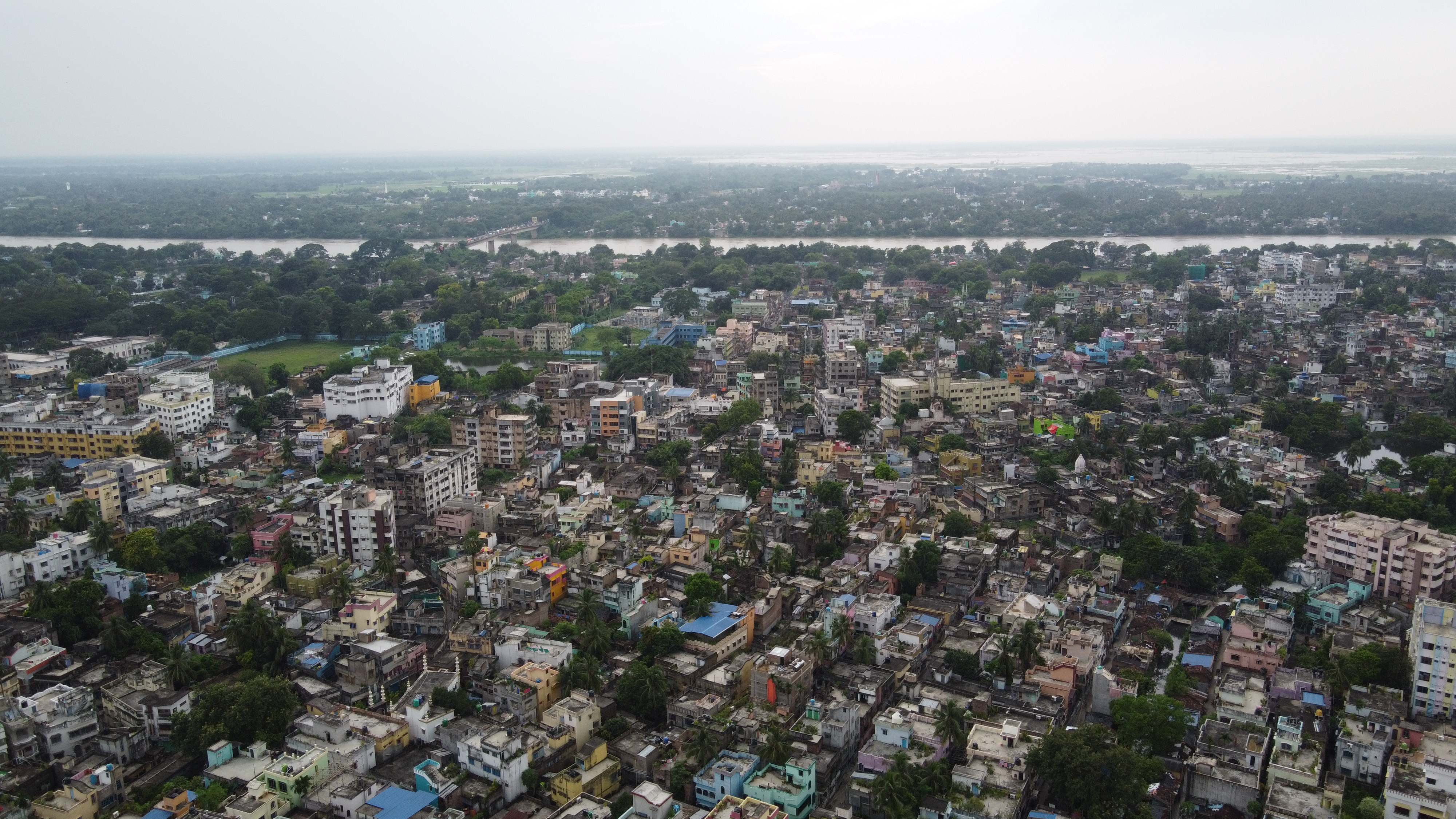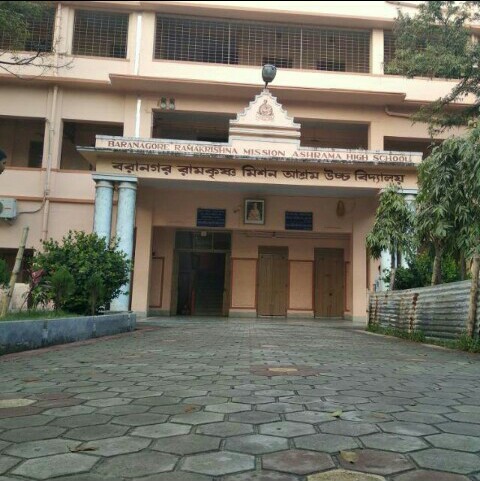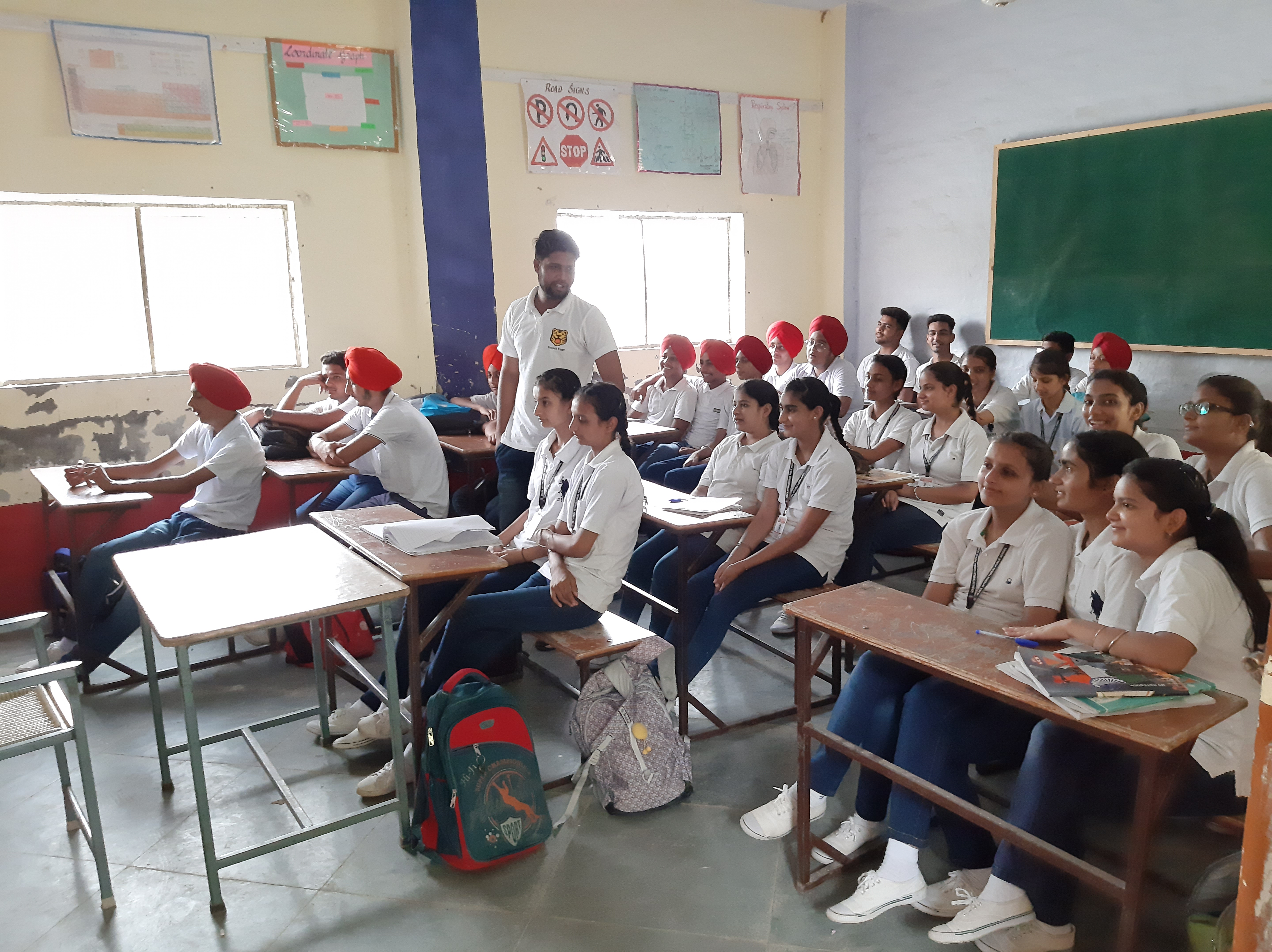|
Berhampore Girls' College
Berhampore Girls' College is a women's college in Berhampore, in Murshidabad district, in the state of West Bengal in India. It is affiliated to the University of Kalyani. Departments Accreditation The college is recognized by the University Grants Commission (UGC). It was accredited by the National Assessment and Accreditation Council The National Assessment and Accreditation Council (NAAC) is a public autonomous body of the government of India that assesses and accredits higher education institutions (HEIs) in India. It is funded by the University Grants Commission and hea ... (NAAC), and awarded B grade, an accreditation that has since then expired. See also References External links * University of Kalyani [...More Info...] [...Related Items...] OR: [Wikipedia] [Google] [Baidu] |
Baharampur
Berhampore (), also known as Baharampur (), is a city and a municipality in the state of West Bengal, India. Berhampore is the administrative headquarters of the Murshidabad district. As of 2011 census, Berhampore is the seventh largest city in West Bengal. It is located about from Kolkata, the state capital. Berhampore is one of the most important business, administrative, educational and political hub of Bengal as well as of India. It is one of the most popular urban agglomerations of West Bengal state. Berhampore was the first centre of East India Company in India. Not only the British but also the Dutch and the French established their companies in this city and, as a result, it grew as a production hub of India. It is famous for its famous sweets such as Chanabora, Manohara, Rasgulla and many more. The city is divided into five administrative regions: Gora Bazar, Khagra, Indraprastha, Cossimbazar, Haridasmati. Berhampore was a part of Sepoy Mutiny of 1857 which to ... [...More Info...] [...Related Items...] OR: [Wikipedia] [Google] [Baidu] |
History
History is the systematic study of the past, focusing primarily on the Human history, human past. As an academic discipline, it analyses and interprets evidence to construct narratives about what happened and explain why it happened. Some theorists categorize history as a social science, while others see it as part of the humanities or consider it a hybrid discipline. Similar debates surround the purpose of history—for example, whether its main aim is theoretical, to uncover the truth, or practical, to learn lessons from the past. In a more general sense, the term ''history'' refers not to an academic field but to the past itself, times in the past, or to individual texts about the past. Historical research relies on Primary source, primary and secondary sources to reconstruct past events and validate interpretations. Source criticism is used to evaluate these sources, assessing their authenticity, content, and reliability. Historians strive to integrate the perspectives o ... [...More Info...] [...Related Items...] OR: [Wikipedia] [Google] [Baidu] |
Educational Institutions Established In 1946
Education is the transmission of knowledge and skills and the development of character traits. Formal education occurs within a structured institutional framework, such as public schools, following a curriculum. Non-formal education also follows a structured approach but occurs outside the formal schooling system, while informal education involves unstructured learning through daily experiences. Formal and non-formal education are categorized into levels, including early childhood education, primary education, secondary education, and tertiary education. Other classifications focus on teaching methods, such as teacher-centered and Student-centered learning, student-centered education, and on subjects, such as science education, language education, and physical education. Additionally, the term "education" can denote the mental states and qualities of educated individuals and the academic field studying educational phenomena. The precise definition of education is disputed, an ... [...More Info...] [...Related Items...] OR: [Wikipedia] [Google] [Baidu] |
List Of Colleges Affiliated To The University Of Kalyani
List of colleges affiliated with the University of Kalyani are given below: List * Asannagar Madan Mohan Tarkalankar College * Berhampore College *Berhampore Girls' College * Bethuadahari College * Chakdaha College * Chapra Bangaljhi Mahavidyalaya * Chapra Government College * Domkal Girls' College * Dr. B.R. Ambedkar CollegeColleges in West Bengal, University Grants Commission * * Dumkal College * [...More Info...] [...Related Items...] OR: [Wikipedia] [Google] [Baidu] |
Berhampore College
The University of Kalyani, established in 1960, is a Government of West Bengal administered, UGC affiliated, NAAC accredited, collegiate public research university in Kalyani, West Bengal, India. It offers courses at the Undergraduate, Postgraduate and Doctoral levels. History The university was established on 1 November 1960 by 'The Kalyani University Act 1960' of the Government of West Bengal. The University of Kalyani is a State University and its activities are guided by 'The Kalyani University Act, 1981 (amended up to 2001)', enacted by the Government of West Bengal. The Act is supplemented by 'Statutes', 'Ordinances', 'Regulations' and 'Rules'. This act replaced 'The Kalyani University (Temporary Suppression) Act, 1978', which in turn replaced 'The Kalyani University Act, 1960'. The University Grants Commission accorded recognition to the university. Campus The university is placed in an Urban areas setting touching the boundaries of some green Rural areas. The easte ... [...More Info...] [...Related Items...] OR: [Wikipedia] [Google] [Baidu] |
Education In West Bengal
Education in West Bengal is provided by both the public sector as well as the private sector. Health Sciences, University of North Bengal and University of Calcutta. History Kolkata has played a pioneering role in the development of the modern education system in India. Western models of education came to India through Kolkata. Many of the first schools and colleges were established by the missionaries and reformists. Sir William Jones (philologist) established the Asiatic Society in 1784 for promoting oriental studies. People like Ram Mohan Roy, David Hare, Ishwar Chandra Vidyasagar, Shashi Bhusan Chatterjee, Maharshi Nagendranath - Bhaduri Mahasaya and William Carey played a leading role in the setting up of modern schools and colleges in the city. The Fort William College was established in 1800. The Hindu College was established in 1817. In 1855, the Hindu College, Calcutta was renamed as the Presidency College. William Carey established the Serampore College in S ... [...More Info...] [...Related Items...] OR: [Wikipedia] [Google] [Baidu] |
Education In India
Education in India is primarily managed by the state-run public education system, which falls under the command of the government at three levels: Government of India, central, States and Territories of India, state and Local government in India, local. Under various articles of the Indian Constitution and the Right of Children to Free and Compulsory Education Act, 2009, free and compulsory education is provided as a Fundamental Rights, Directive Principles and Fundamental Duties of India#Fundamental Rights, fundamental right to Children and adolescents in India, children aged 6 to 14. The approximate ratio of the total number of public schools to private schools in India is 10:3. Education in India covers different levels and types of learning, such as early childhood education, primary education, secondary education, higher education, and vocational education. It varies significantly according to Caste#Caste and higher education, different factors, such as location (urban o ... [...More Info...] [...Related Items...] OR: [Wikipedia] [Google] [Baidu] |
List Of Institutions Of Higher Education In West Bengal
Tertiary education (higher education, or post-secondary education) is the educational level following the completion of secondary education. The World Bank defines tertiary education as including universities, colleges, and vocational schools. ''Higher education'' is taken to include undergraduate and postgraduate education, while vocational education beyond secondary education is known as ''further education'' in the United Kingdom, or included under the category of ''continuing education'' in the United States. Tertiary education generally culminates in the receipt of certificates, diplomas, or academic degrees. Higher education represents levels 5, 6, 7, and 8 of the 2011 version of the International Standard Classification of Education structure. Tertiary education at a nondegree level is sometimes referred to as further education or continuing education as distinct from higher education. UNESCO stated that tertiary education focuses on learning endeavors in specialize ... [...More Info...] [...Related Items...] OR: [Wikipedia] [Google] [Baidu] |
National Assessment And Accreditation Council
The National Assessment and Accreditation Council (NAAC) is a public autonomous body of the government of India that assesses and accredits higher education institutions (HEIs) in India. It is funded by the University Grants Commission and headquartered in Bengaluru Bengaluru, also known as Bangalore (List of renamed places in India#Karnataka, its official name until 1 November 2014), is the Capital city, capital and largest city of the southern States and union territories of India, Indian state of Kar .... History NAAC was established in 1994 in response to recommendations of National Policy on Education (1986). This policy was to "address the issues of deterioration in quality of education", and the Programme of Action (POA-1992) laid out strategic plans for the policies including the establishment of an independent national accreditation body. Consequently, the NAAC was established in 1994 with its headquarters at Bengaluru. Grading The NAAC assesses institutes on ... [...More Info...] [...Related Items...] OR: [Wikipedia] [Google] [Baidu] |
University Grants Commission (India)
University Grants Commission (UGC; ISO: ''Viśvavidyālaya Anudāna Āyōga'') is a statutory body under Department of Higher Education, Ministry of Education, Government of India. It was set up in accordance to the UGC Act 1956 and is charged with coordination, determination and maintenance of standards of higher education in India. It provides recognition to universities in India, and disbursements of funds to such recognized universities and colleges. The UGC headquarters are in New Delhi, and it has six regional centres in Pune, Bhopal, Kolkata, Hyderabad, Guwahati and Bengaluru. A proposal to replace it with another new regulatory body called HECI is under consideration by the Government of India. The UGC provides doctoral scholarships to all those who clear JRF in the National Eligibility Test. On an average, each year is spent on doctoral and post-doctoral fellowships by the commission. History The UGC was first formed in 1945 to oversee the work of the th ... [...More Info...] [...Related Items...] OR: [Wikipedia] [Google] [Baidu] |
Physical Education
Physical education is an academic subject taught in schools worldwide, encompassing Primary education, primary, Secondary education, secondary, and sometimes tertiary education. It is often referred to as Phys. Ed. or PE, and in the United States it is informally called gym class or gym. Physical education generally focuses on developing physical fitness, motor skills, health awareness, and social interaction through activities such as sports, exercise, and movement education. While Curriculum, curricula vary by country, PE generally aims to promote lifelong physical activity and well-being. Unlike other academic subjects, physical education is distinctive because it engages students across the Psychomotor learning, psychomotor, Cognition, cognitive, Affect (psychology), affective, Social skills, social, and cultural domains of learning. Physical education content differs internationally, as physical activities often reflect the geographic, cultural, and environmental features of ... [...More Info...] [...Related Items...] OR: [Wikipedia] [Google] [Baidu] |
Sociology
Sociology is the scientific study of human society that focuses on society, human social behavior, patterns of Interpersonal ties, social relationships, social interaction, and aspects of culture associated with everyday life. The term sociology was coined in the late 18th century to describe the scientific study of society. Regarded as a part of both the social sciences and humanities, sociology uses various methods of Empirical research, empirical investigation and critical analysis to develop a body of knowledge about social order and social change. Sociological subject matter ranges from Microsociology, micro-level analyses of individual interaction and agency (sociology), agency to Macrosociology, macro-level analyses of social systems and social structure. Applied sociological research may be applied directly to social policy and welfare, whereas Theory, theoretical approaches may focus on the understanding of social processes and phenomenology (sociology), phenomenologic ... [...More Info...] [...Related Items...] OR: [Wikipedia] [Google] [Baidu] |








